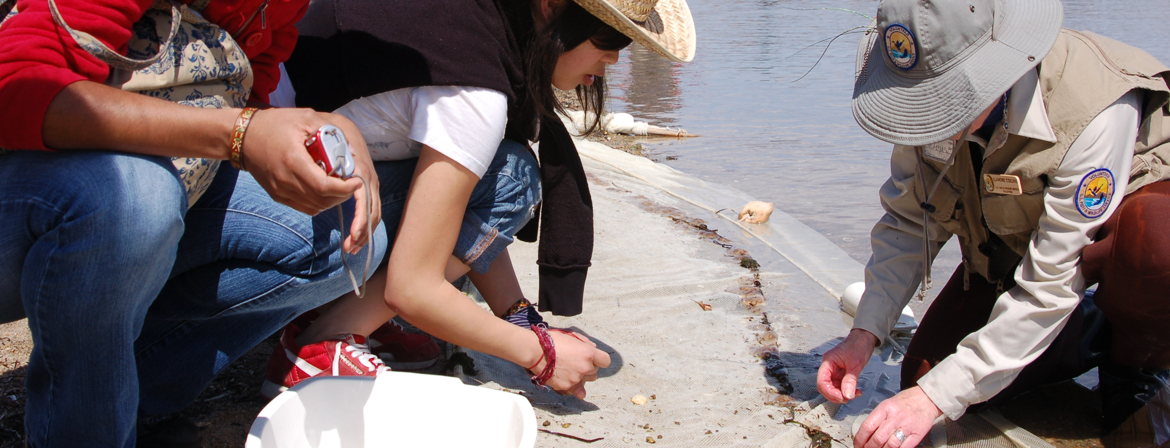Can One Make a Difference? Exploring the Differential Effects of Norm Salience and the Self-Monitoring Trait on the Norm Focus Theory's Application to Recycling Behavior
Dakin, S. A. Can one make a difference? Exploring the differential effects of norm salience and the self-monitoring trait on the Norm Focus Theory's application to recycling behavior. Vol. 56. 1998.
Experience in Analyzing Information-Dependent Ecological Consciousness of Students in Upper Grades of Secondary School (Attitude toward Ecological Problems in Relation to the Personality Structure in Upper-Grade Students of a Secondary School)
Baranov, E. G., Zarakovskii, G.M., Medvedev, V. N. & Razygraeva, N. A. Experience in analyzing information-dependent ecological consciousness of students in upper grades of secondary school (attitude toward ecological problems in relation to the personality structure in upper-grade students of a secondary school). Vol. 24. 1998. 424-434.
Personal Efficacy, the Information Environment, and Attitudes Toward Global Warming and Climate Change in the United States
Kellstedt, P.M., Zahran, S., and Vedlitz, A. (2008). Personal Efficacy, the Information Environment, and Attitudes Toward Global Warming and Climate Change in the United States. Risk Analysis, 28(1), 113
Invoking Social Norms:A Social Psychology Perspective on Improving Hotels' Linen-Reuse Programs
Goldstein, N., Griskevicius, V., Cialdini, R. (2007). Cornell Hotel and Restaurant Administration Quarterly, 48(2), 145-150.
The Effect of Empathy in Proenvironmental Attitudes and Behaviors
Berenguer, Jaime. (2007). The Effect of Empathy in Proenvironmental Attitudes and Behaviors. Environment and Behavior, 39(2), 269-283.
The Collective Dynamics of Smoking in a Large Social Network
Christakis, N. A., & Fowler, J. H. (2008). The Collective Dynamics of Smoking in a Large Social Network. New England Journal of Medicine, 358(21) 2249-2258.
Effective Dissemination of Energy-Related Information: Applying Social Psychology and Evaluation Research
Dennis, M., Soderstrom, E.J., Koncinski, W.S., Cavanaugh, B. (1990). Effective Dissemination of Energy-Related Information: Applying Social Psychology and Evaluation Research. American Psychologist, 45(10), 1109.
Long-Term Effects of the Energy Source Education Program
Hanson, R. (1993). Long-Term Effects of the Energy Source Education Program. Studies in Educational Evaluation, 19(4), 363.
Mind the Gap: Why Do People Act Environmentally and What are the Barriers to Pro-Environmental Behavior?
Kollmuss, A., & Agyeman, J. (2002). Mind the Gap: why do people act environmentally and what are the barriers to pro-environmental behavior?. Environmental Education Research, 8(3), 239-260.
Consumers' Attitudes Toward Energy Conservation
Olsen, M. (1981). Consumers' Attitudes Toward Energy Conservation. Journal of Social Issues, 37(2), 108.



